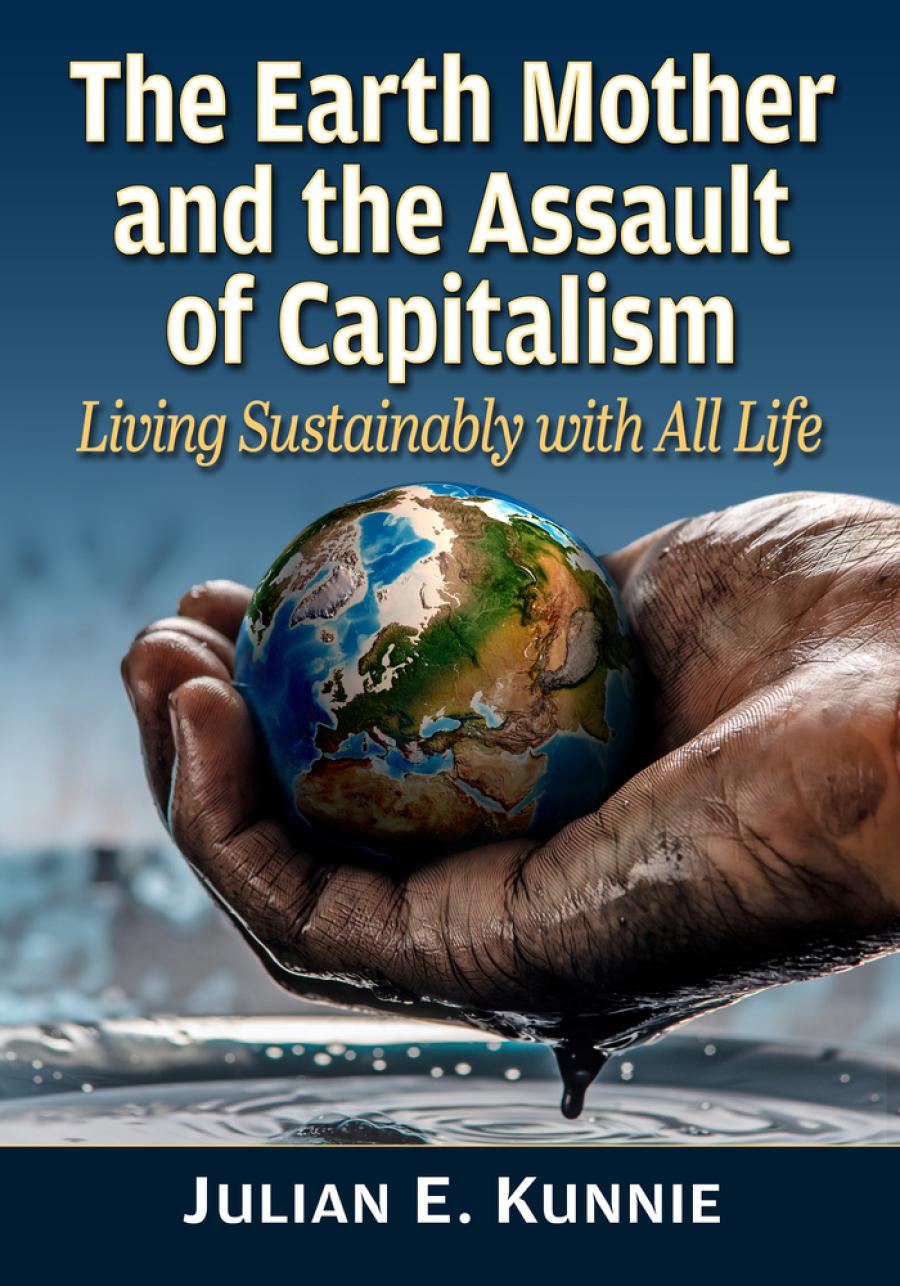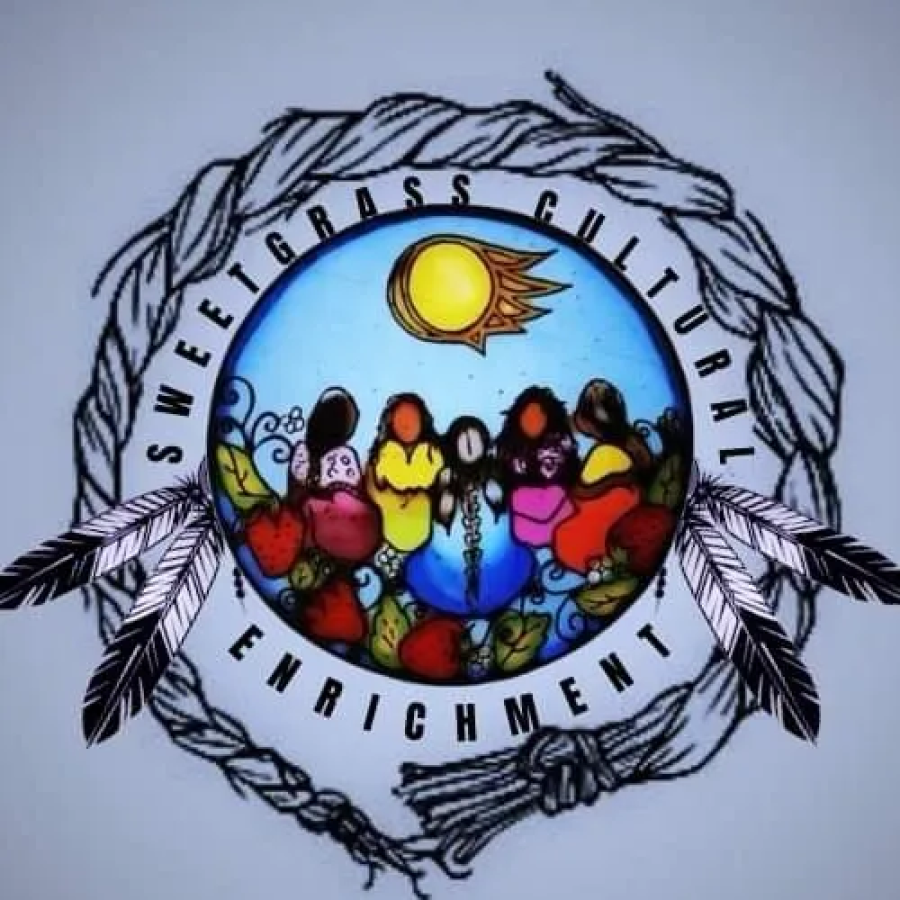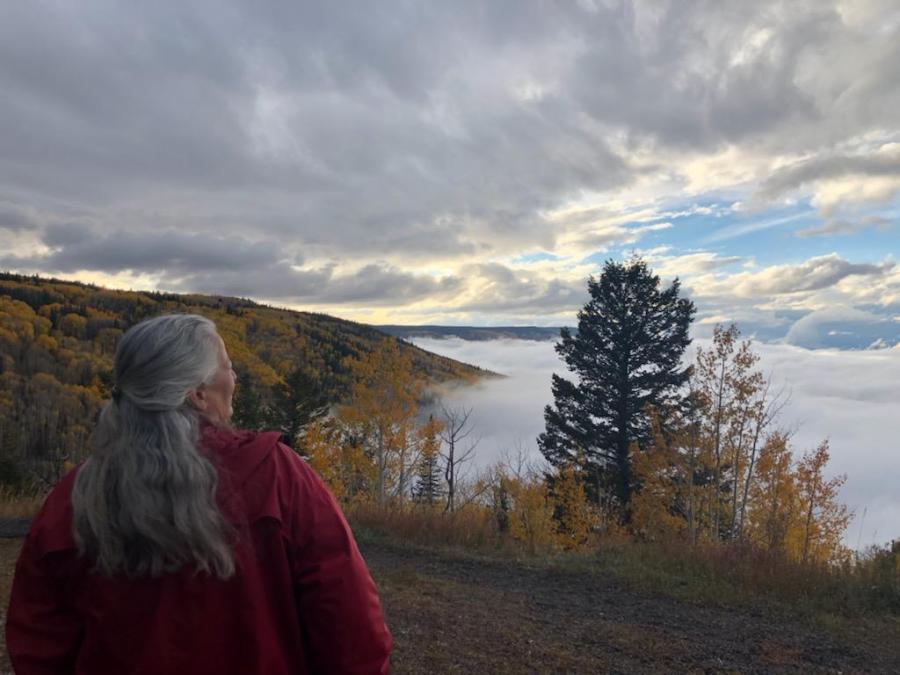"You are a dead people." This is what I hear when someone calls my language dead. Just what is language? The answer to this question will vary wildly depending on whom you ask. For many of those who have written and spoken on this matter, the answer has been that a given language is the core of that culture, and that the culture cannot survive without its language. This answer cannot be the only answer. Another truth is made apparent to me through my own experience.
The Wampanoag Nation has not enjoyed the privilege of Native speakers for seven generations. Even so, our view and interaction with the world is markedly different from that of the non-Native community around us. Wampanoag interpersonal relationships and spiritual beliefs and practices are also very different from those of my non-Native friends. If language is the prototypical test for cultural survival, then we should not see the differences between Wampanoag and non-Wampanoag communities after seven generations. Yet these differences are quite apparent, even though both communities share the common thread of English as a first language. Our culture has survived, and the reclamation of our language is serving to help us understand why we view the world differently, and where our beliefs and attitudes about it have their origins.
My answer to the question "What is language?" is multi-layered, deriving from my experience as both a Wampanoag and a linguist. In order to understand adequately the insult in the expression "dead language," one must have an understanding of the layers of language from a Wampanoag perspective.
Creation
The first layer of language is creation. Creation is an ongoing process and not a singular event occurring at a particular point in time. Your view of creation may be very different, and true for you. The beauty in this difference is simply that Creator loves variety, including variety in truth.
The lessons and teachings for my people may be very different from those of other cultures. This makes neither culture wrong or untrue; our respective cultures are merely given different privileges and accompanying responsibilities. These represent our given truths. Without our own truths, we cannot live in a way that contributes to creation, and we would certainly not see the amazing variety of culture we have today.
We as a species have been on a wild goose chase that has driven us to search for one singular truth and answer to each question. As a result of this desire for singularity in truth, there is no honor for variety; eventually, we will have no variety at all. Language is a part of that variety. During the process of creation, language was given to each race. The people are not given the brain to create language. We are given the privilege of language from Creator and the brain to understand what is given.
Privilege and Responsibility
Privilege (and responsibility) is the next layer of language. We depend on language to communicate with the rest of creation. Language depends on us to continue its own process of creation, through change and use. This relationship is one of cooperation. It is the same relationship that exists between the Wampanoag and the Land. Each is created to care for the other. Language was created for the Wampanoag. As a part of creation, it has its own spirit, just as does every other part of creation. It is created from the breath of energy that created all Wampanoag. When we speak Wôpanâak, we carry that breath away from our beings and back to the rest of creation. We say thank you for this privilege when we speak Wôpanâak and we honor the spirit of language.
If we do not keep our responsibility to language, we have not killed language. In fact, we do not have that much power. The spirit of language cannot be destroyed by humans; it can only be neglected and not honored. The spirit of Wôpanâak lives within each Wampanoag person just as our very Wampanoag blood lives within us. We can no more alter the spirit of language that abides within us than we can remove our Ancestors' blood from our blood. No matter what other blood is within us, we still carry the Wampanoag. No matter what other language abides within us, we still carry language of our creation within ourselves. To say that a part of our very being is dead is to say that we ourselves are dead.
Honor
The final layer of language is the honor that we bring to language. When I speak of honor, I am speaking of the honor that we give to all language. When we honor the truths inherent in each language, we honor the people who live with that language and we honor Creator that gave the language. What I am saying is not intended to scold but merely to give you something you may want to consider.
If you have ever called a language dead and received a less than agreeable look or comment, you may not have realized that you are stomping on another's view of creation. If you are speaking of your own language of heritage and you call it dead, maybe you are correct. If your language was not given to your people as a privilege and responsibility of creation, and your people have decided that they have killed their language, maybe they have. The point here is that if I do not know your truths, your creation story, or your history, it is not my place to make claims about your people. It is also not your place to make (what you consider to be true) statements about another's people unless you fully know and understand their truths. Scientists, professionals, and all human beings must remember that the true experts of any given culture are the individuals of that culture.
Article copyright Cultural Survival, Inc.



